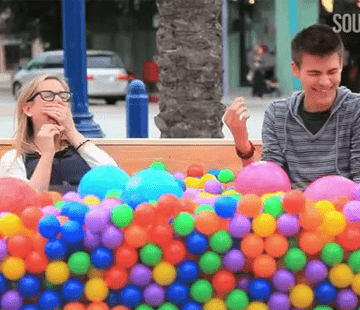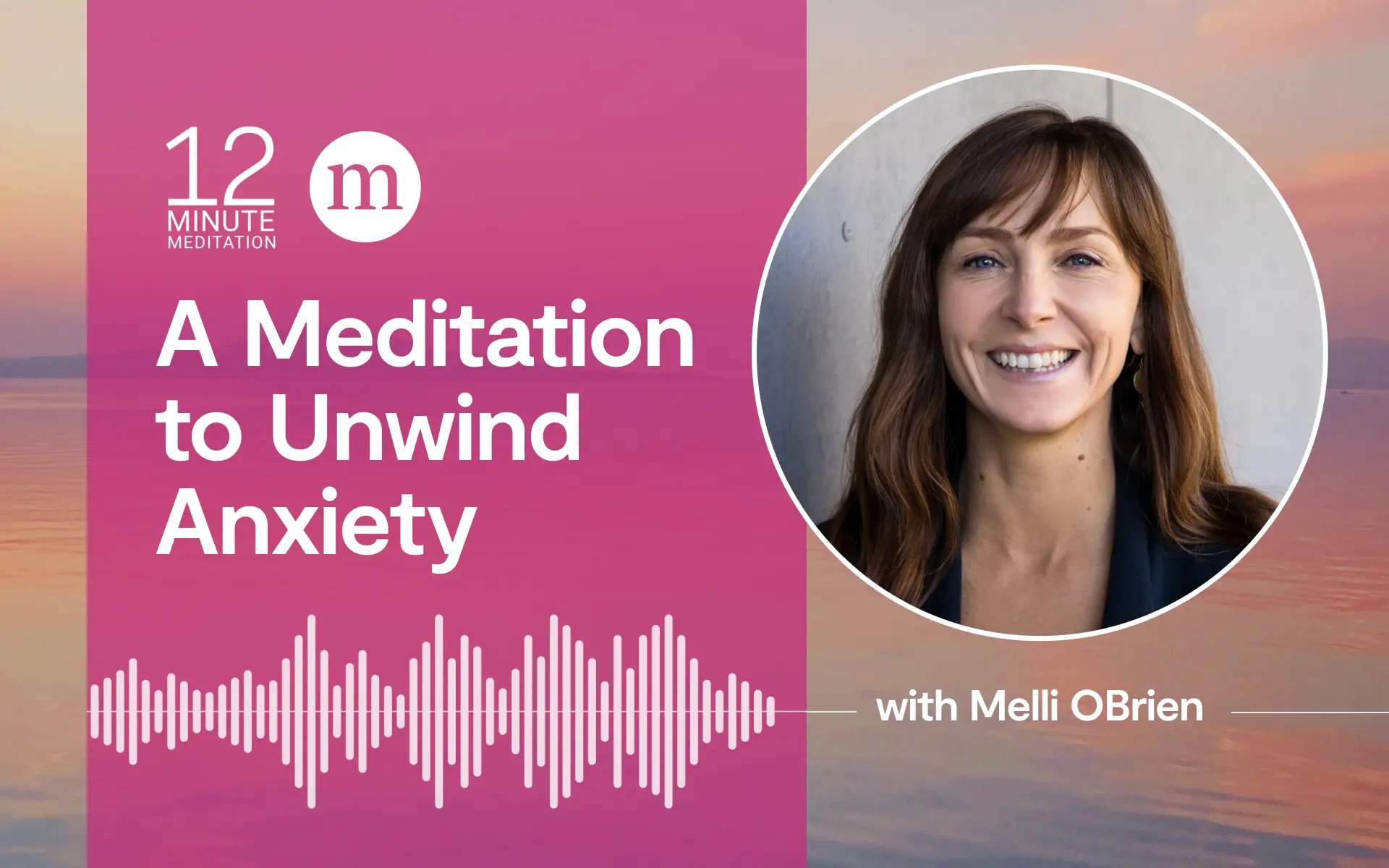For years now, I’ve been studying what helps create more resilience and happiness within us. I’ve looked at my own life, the life of my clients and students, and the psychological and neuroscience research. What I’ve found is that within each and every one of us are a core set of natural anti-depressants. When we intentionally tap into these resources, it shifts our brain activity in ways that can lend itself to shaping an anti-depressant brain. One of the natural anti-depressants that I’ve come to find that helps break a bad mood and create positive neural activity is Play!
In Uncovering Happiness: Overcoming Depression with Mindfulness and Self-Compassion I describe play as “a flexible state of mind in which you are presently engaged in some freely chosen and potentially purposeless activity that you find interesting, enjoyable, and satisfying.”
Here’s a great video that shows adults playing and the results. Take a look and see what you notice.
When adults were put in an enriched environment where the cues elicited play, they became more engaged, open, and most seemed to be genuinely enjoying themselves.
Research from Marion Diamond out of UC Berkeley shows that rats who had a more enriched environment with toys and playmates showed growth in their cerebral cortex. This is the part of the brain that’s involved with cognitive processing and those rats actually ran mazes quicker than others who had less enriched environments. This type of research has been repeated over and over again with similar results. (Note: Rats that had a depleting environment absent of toys and playmates showed a reduction in the thickness of their cerebral cortex).
The reality is engaging play reduces stress, promotes creativity, productivity, openness, and revitalizes our sense of aliveness. It is literally a natural anti-depressant.
The question for us is how can we create more enriching environments?
One answer lies in understanding how our brain responds to cues. Most of the time our brain is automatically making decisions beneath our consciousness and the cues in our environments are influencing those decisions. If we’re often alone and there’s a lack or nourishing things and people in our environment it’s more likely to lead to depression and anxiety. On the other hand, if our environments are more engaging and we have access to more playmates it creates more resiliency. So we have to consider: Do the environments we currently live in, at home and at work, elicit cues of play?
If so, it’s a good practice to be conscious of those cues. If not, how can you create more cues in your environment that elicit a more playful neural response?
Encourage play at home and at work
Many companies are starting to create more enriching environments because the research is clear that it leads to happier, less stressed, more loyal and productive employees. If your workplace doesn’t you can take it into your own hands, create a joke board, or take mini-breaks where you intentionally watch a short video like the one above or hang out with nourishing people as a source of connection.
At home you can consider what play means to you? This is usually something that you have been thinking of doing that your mind said was unimportant. Maybe you want to pick up the camera more, reconnect with old friends, read a pleasurable book, or take a 2-hour date with yourself weekly and do something out of your routine that feeds you. That’s how I got started.
In our culture we see this as a luxury because we prize working over playing and our minds often say that “playing is unproductive.” This is one the biggest lies our brain tells us. The research is clear, those that integrate play into their lives are more likely to run the mazes faster and more efficiently.
There are other tricks to uncovering a more playful life and even to finding playmates, but the first step is looking to your cues and starting to create more enriching playful environments. Then we need to actively create this for ourselves even in the face of the voices in our heads that say “I don’t deserve it” or “There are more important things to do.” In Uncovering Happiness, I call these “Negative Unconscious Thoughts” or NUTs as we often feel nuts when they’re around.
The message here is:
Being mindful of play and engaging it in your life can act as a natural anti-depressant, creating positive neural shifts that when practiced and repeated can contribute to an anti-depressant brain.
Take a moment and share, what does play mean to you? How do you bring it into your life? Your interaction creates a living wisdom for us all to benefit from.
Adapted from Mindfulness & Psychotherapy







